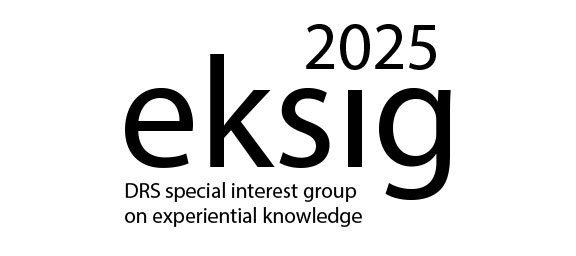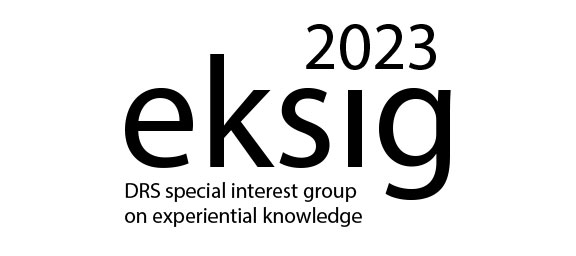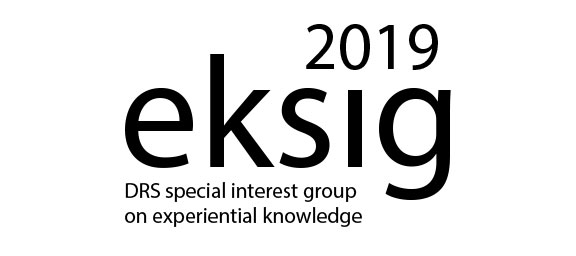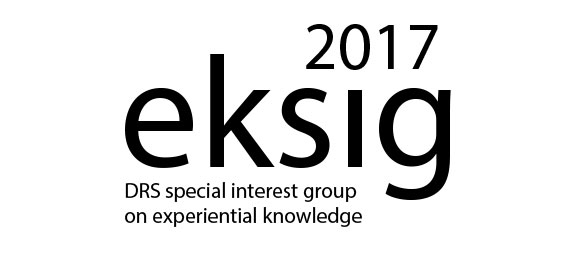EKSIG 2025 Data as Experiential Knowledge and Embodied Processes
International Conference of the DRS Special Interest Group on Experiential Knowledge at Moholy-Nagy Universtiy of Art and Design, 2025
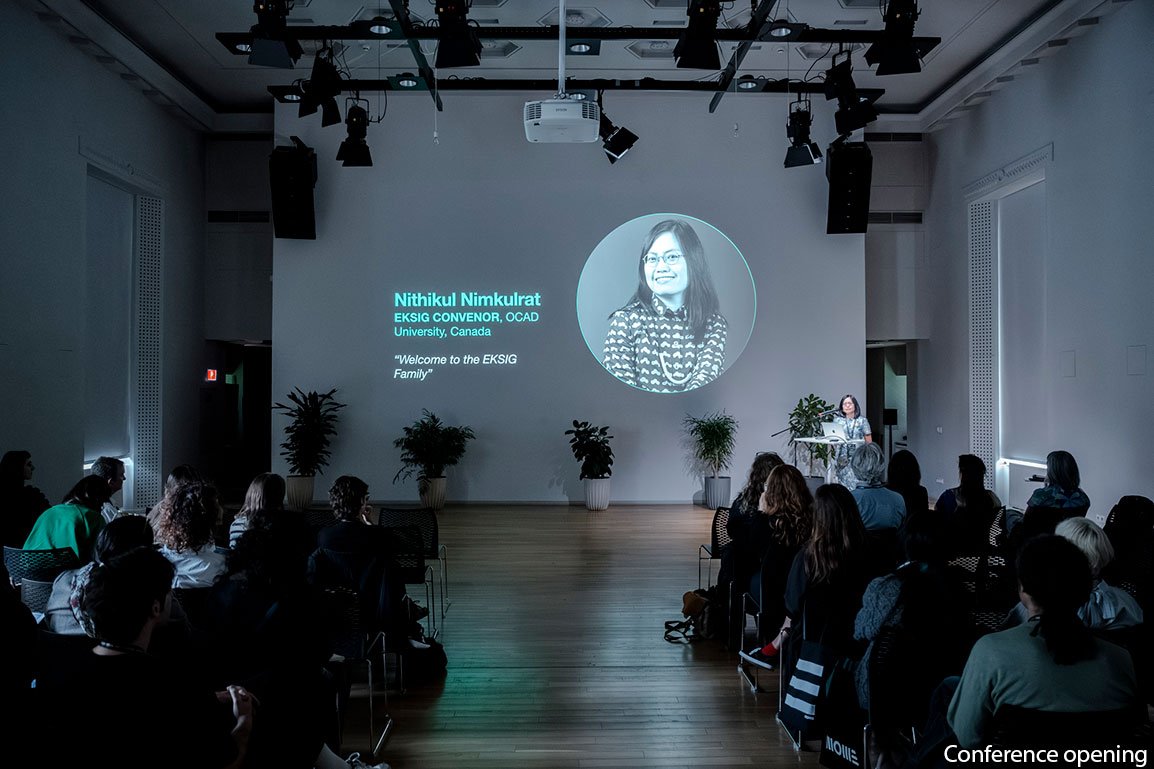
Date: Monday and Tuesday, 12-13 May 2025
Venue: Moholy-Nagy Universtiy of Art and Design Budapest, Hungary
EKSIG 2025 addresses the theme of 'Data as Experiential Knowledge and Embodied Processes'.
- Miriah Meyer — Linköping University, Sweden
- Andrew Vande Moere — KU Leuven, Belgium
- Mihály Minkó — Moholy-Nagy Universtiy of Art and Design, Hyngary
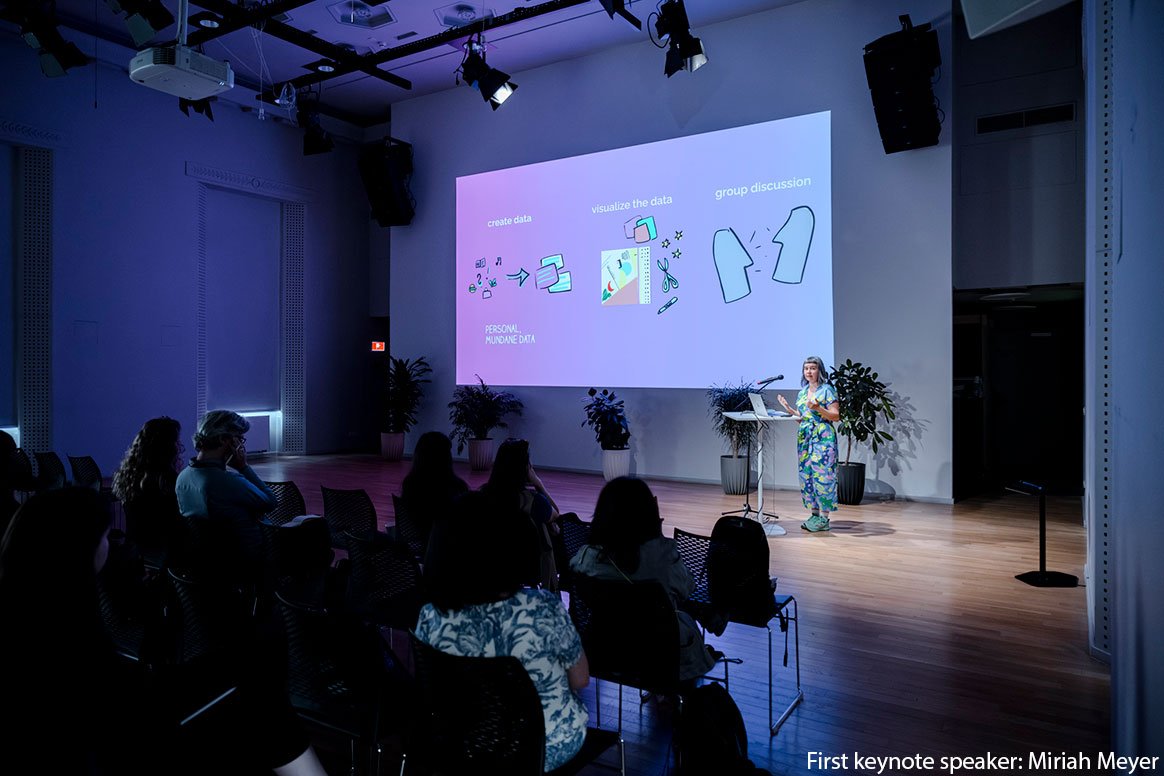
Over the centuries our understanding of what constitutes data has – and continues today – to shift. In the 18th century, datum, the singular of data, referred to a piece of information through which inferences could be drawn. For the scientific community, the focus shifted from receiving what is given to extracting what is not. Data transitioned from an entity that was previously unknown or unexplored to being the epitome of what scientists strive to uncover via systematic investigation and observation.
More recently, the art and design community’s engagement with data has once again shifted understanding of the term. Data became an experimental medium for artists and designers and data literacy of general audiences began to emerge. These changes have prompted a more nuanced understanding of the term. Beyond the purely quantitative, data are now recognised to carry temporal and emotional qualities that can be meaningful, malleable and evocative.
Making with data is no longer exclusively digital. Data appear in hybrid and physical forms that invite various perspectives, interpretations, and reflections. For example, data can be found in physical forms like 3D-printed models, sculptures, or even tactile exhibits in museums. In addition, users can explore the embodied nature of data in virtual environments, offering unique perspectives on data's virtual materiality and influencing our perception of scale, complexity, and interconnections between humans and data. Data are no longer exclusively a scientific output either, but instead appear in art and design accessible to entirely different publics. The growth of self-tracking technologies now allows anyone to track, experiment with, and explore data in ways that extend what is known about the self and decision-making in everyday life. More recently, artificial intelligence has once again contributed to shaping our understanding of the term through the use of generative technologies. Even design education has shifted in recent years, using data to inspire, support, and expand students' projects.
Thus, the idea of data has expanded beyond its conventional scientific boundaries and has become a versatile and ever-changing medium that influences how we see the world, stimulates creative expression, and enhances our daily lives in new and remarkable ways.
Topics of Interest Include, But Are Not Limited To:- What constitutes making when designing with data at various scales?
- How do the cultural, social and contextual influences of data affect design processes?
- How might engaging with data shift our understandings of space?
- What role does data play in speculation?
- Are data and material practices antithetical?
- At what points in the design process does data provide inspiration?
- How can data take the form of new materialities?
Mary Karyda, Moholy-Nagy Universtiy of Art and Design
Jessica Hemmings, University of Gothenburg
Renáta Dezső, Moholy-Nagy Universtiy of Art and Design
Damla Çay, Moholy-Nagy Universtiy of Art and Design
Ágnes Karolina Bakk, Moholy-Nagy Universtiy of Art and Design
Nithikul Nimkulrat, OCAD University, Canada
Mihály Minkó, exhibition chair
Ádám Szabó, exhibition chair
Natália Pass, project manager
Judit Kollár, event manager
Vivien Andavölgyi, project manager
Márk Gelley, graphic designer
Gábor Réthi, media designer
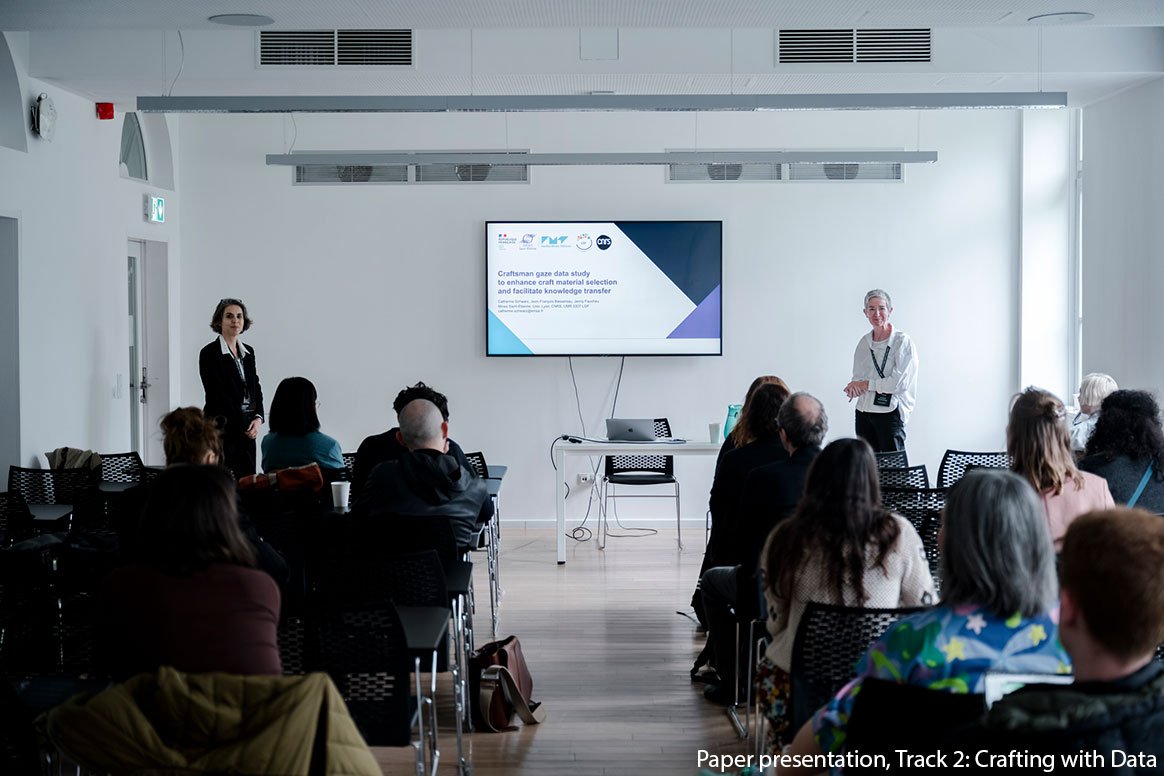
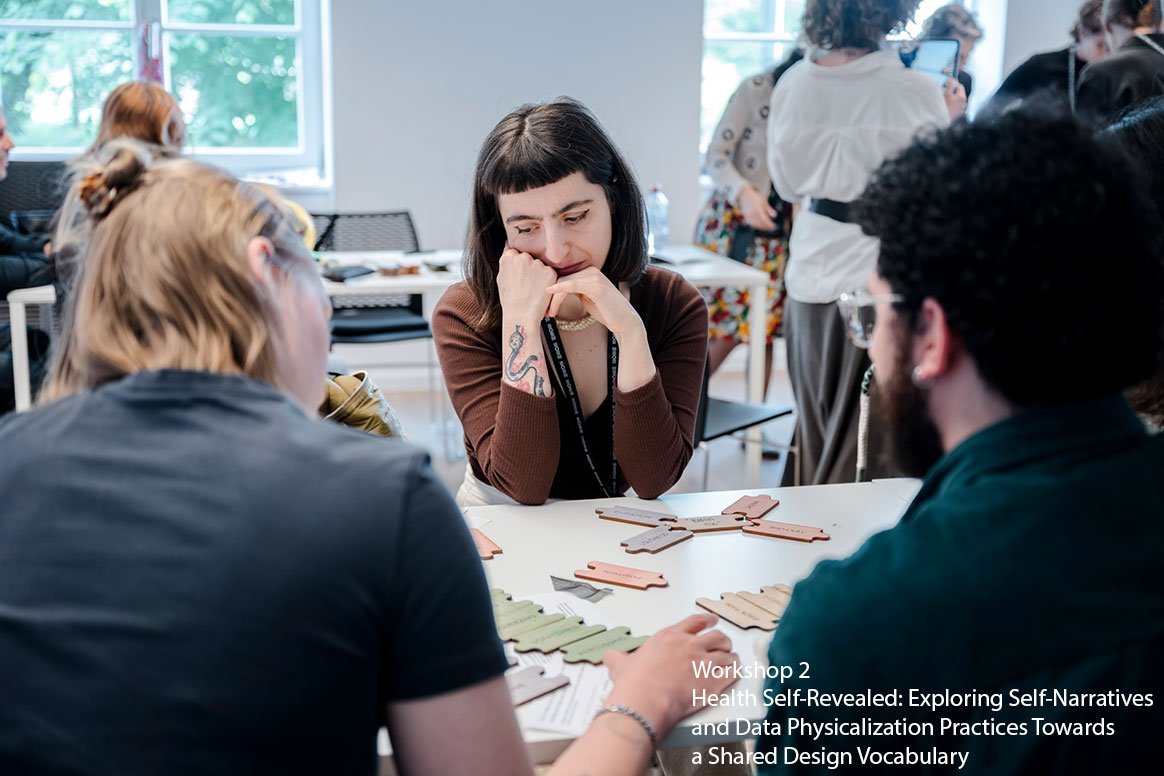
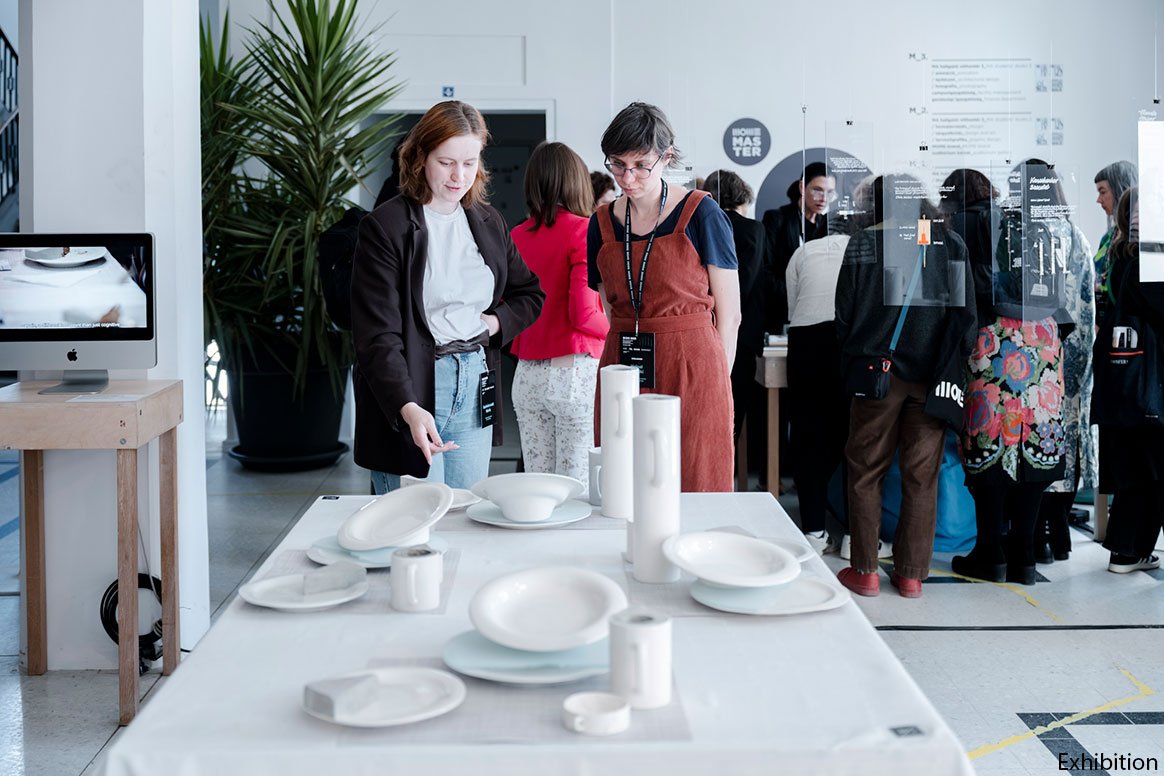
(Photographs: Lakos Máté)
